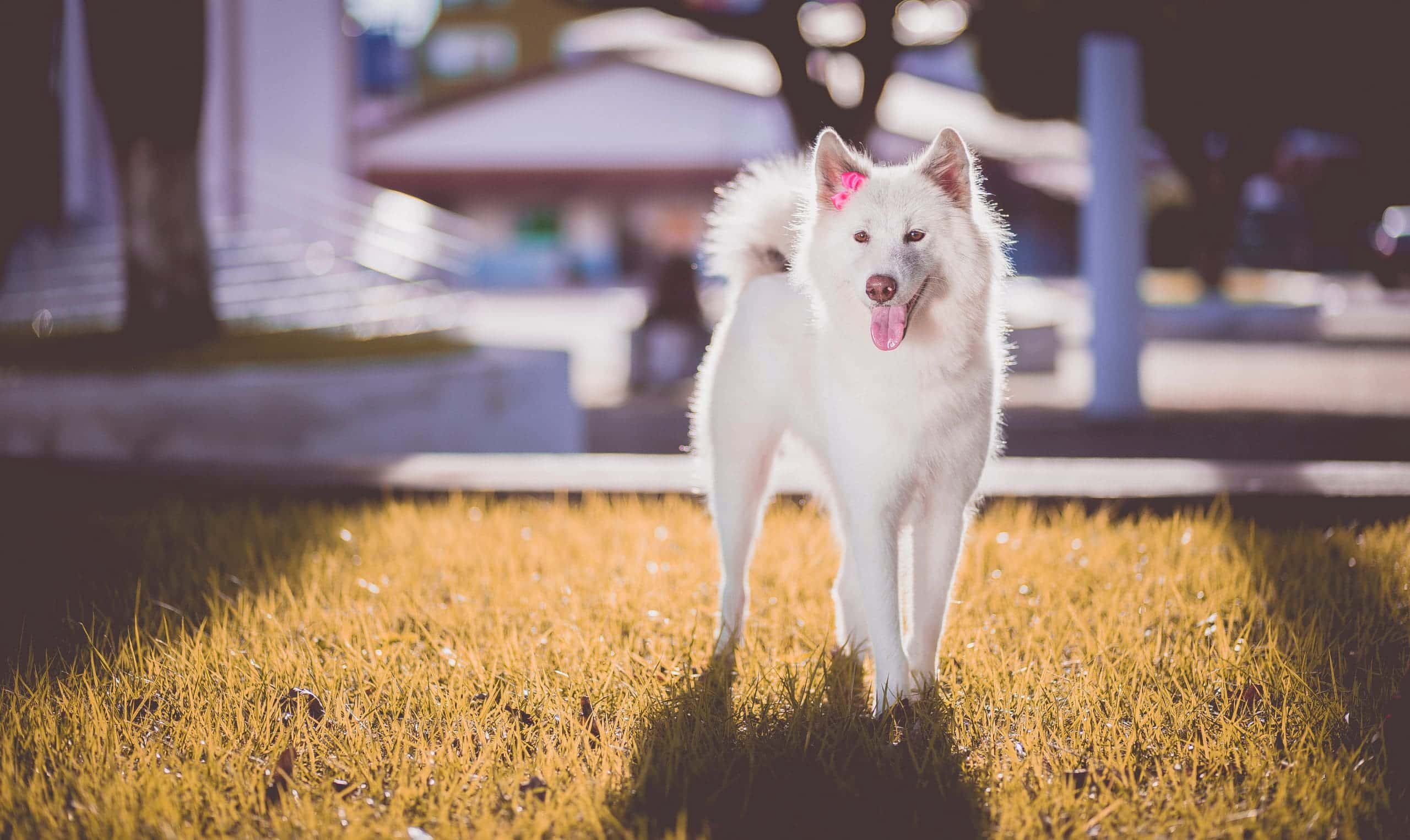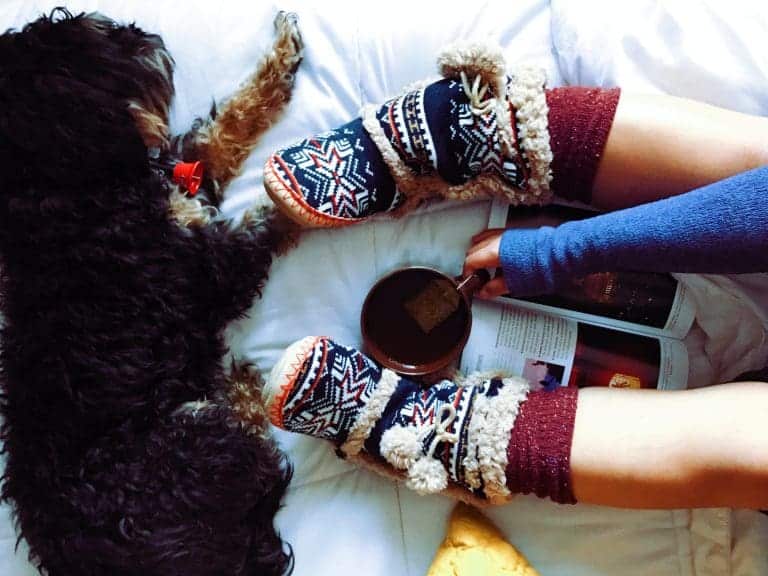What Does It Mean When An Older Dog Starts Drinking A Lot Of Water?
Post Date:
December 10, 2024
(Date Last Modified: December 13, 2024)
As dogs age, their bodies undergo various changes, and one common concern among pet owners is when an older dog begins to drink significantly more water. This shift in drinking habits can be alarming, especially after years of observing a consistent routine. Recognizing the reasons behind this behavior is essential for maintaining your dog’s health.
Potential Health Issues
Increased water consumption in older dogs may indicate several underlying health issues. While some changes can be attributed to the natural aging process, it’s important to be aware of potential medical conditions that might be causing this behavior. Kidney Disease
One prevalent cause of excessive thirst in older dogs is kidney disease. As dogs age, their kidneys may become less efficient at filtering waste from the blood. To compensate, the body signals the dog to drink more water, which helps flush out toxins. Monitoring your dog’s drinking habits is crucial, as kidney disease can be life-threatening if not addressed promptly.
Diabetes
Older dogs can also develop diabetes, which affects their ability to regulate blood sugar levels. Excessive thirst is a common symptom, as the body attempts to eliminate excess sugar through urine. If your dog shows additional symptoms such as increased urination, weight loss, or changes in appetite, consulting a veterinarian is essential for effective management.
Cushing’s Disease
Cushing’s disease, or hyperadrenocorticism, occurs when the adrenal glands produce too much cortisol. This condition can lead to increased drinking, along with other signs such as increased appetite, a pot-bellied appearance, and thinning skin. If these symptoms accompany increased thirst, a veterinary evaluation is important.
Liver Disease
Liver dysfunction can also manifest as increased thirst in older dogs. As the liver plays a vital role in detoxification and metabolism, its impairment can lead to toxin buildup, prompting the dog to drink more water. Symptoms of liver disease may include jaundice, vomiting, diarrhea, and behavioral changes. If liver issues are suspected, a prompt veterinary assessment is necessary.
Urinary Tract Infections
Infections, particularly urinary tract infections (UTIs), can cause older dogs to drink more water. UTIs may create urgency and discomfort, leading to increased drinking as the dog seeks relief. Signs of a UTI include frequent urination, straining, or blood in the urine. Observing these symptoms warrants immediate veterinary care for proper diagnosis and treatment.
Medications
Certain medications, such as corticosteroids, can also influence your dog’s thirst levels. If your older dog is on medication and you notice changes in their drinking habits, discussing these changes with your veterinarian is advisable to determine if adjustments are needed.
Context Matters
Not all changes in drinking habits are related to health issues. Older dogs may simply drink more as their activity levels change or due to factors like diet. A diet high in salt can increase thirst, and environmental factors like heat and humidity may also play a role. Keeping track of your dog’s water intake can offer valuable insights into their overall health.
Regular Veterinary Check-Ups
As dogs age, regular veterinary check-ups become crucial. If you notice your older dog drinking more water, scheduling an appointment with your veterinarian can help identify any underlying issues. Blood tests and thorough examinations can lead to early detection and more effective treatment options.
Observations and Environment
Being attentive to your dog’s overall behavior, including appetite and energy levels, can provide important clues about their health. Maintaining a comfortable environment where your dog has easy access to fresh water is essential. If they are drinking more, ensure they can relieve themselves frequently without stress.
Nutrition and Overall Well-being
Considering your dog’s diet is also important. A balanced diet supports health as dogs age, so consulting your veterinarian about suitable food options for older dogs can help maintain their well-being. Community Support
Caring for an older dog can present challenges, but connecting with other pet owners can provide support. Online forums and local dog clubs offer spaces to share experiences and seek advice.
Understanding the reasons behind increased thirst in an older dog can alleviate concerns. While it may be a normal part of aging, it can also signal health issues that require attention. Vigilance regarding your dog’s drinking habits and overall health is vital for ensuring they receive the best possible care. The bond shared with your dog is invaluable, and providing them with love and attention will help them thrive in their golden years.






